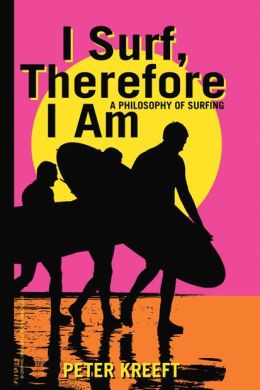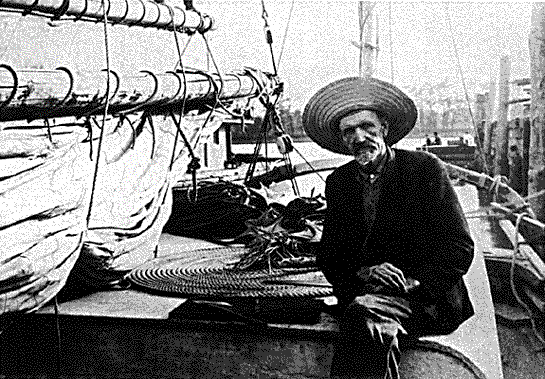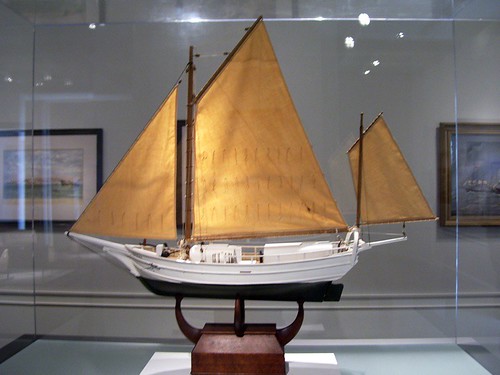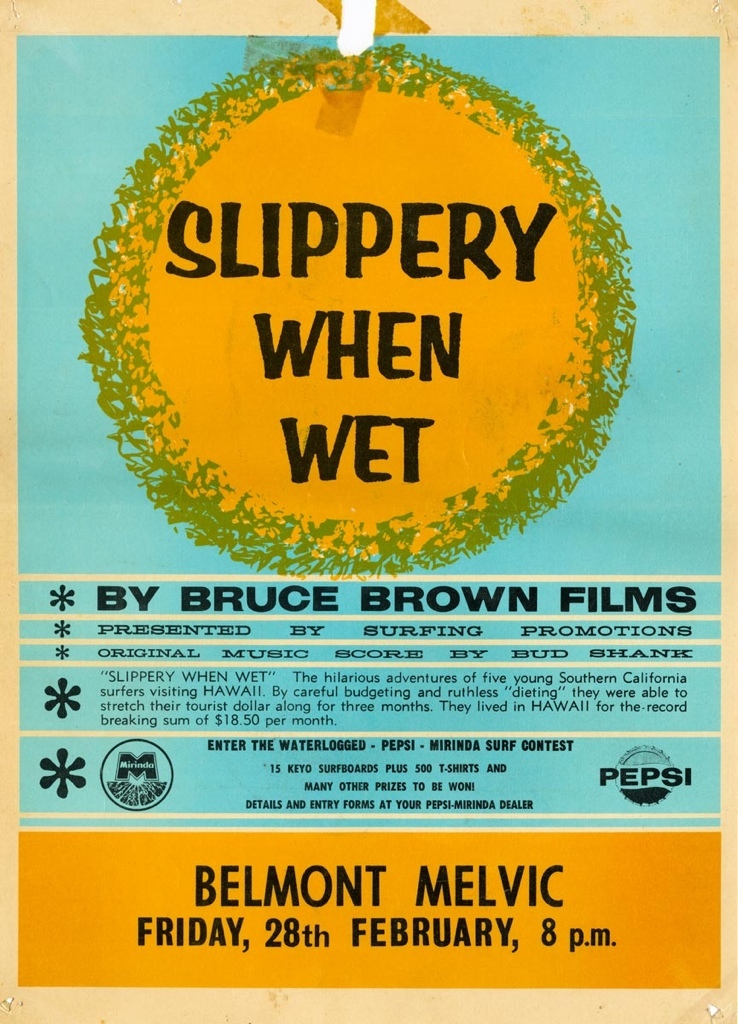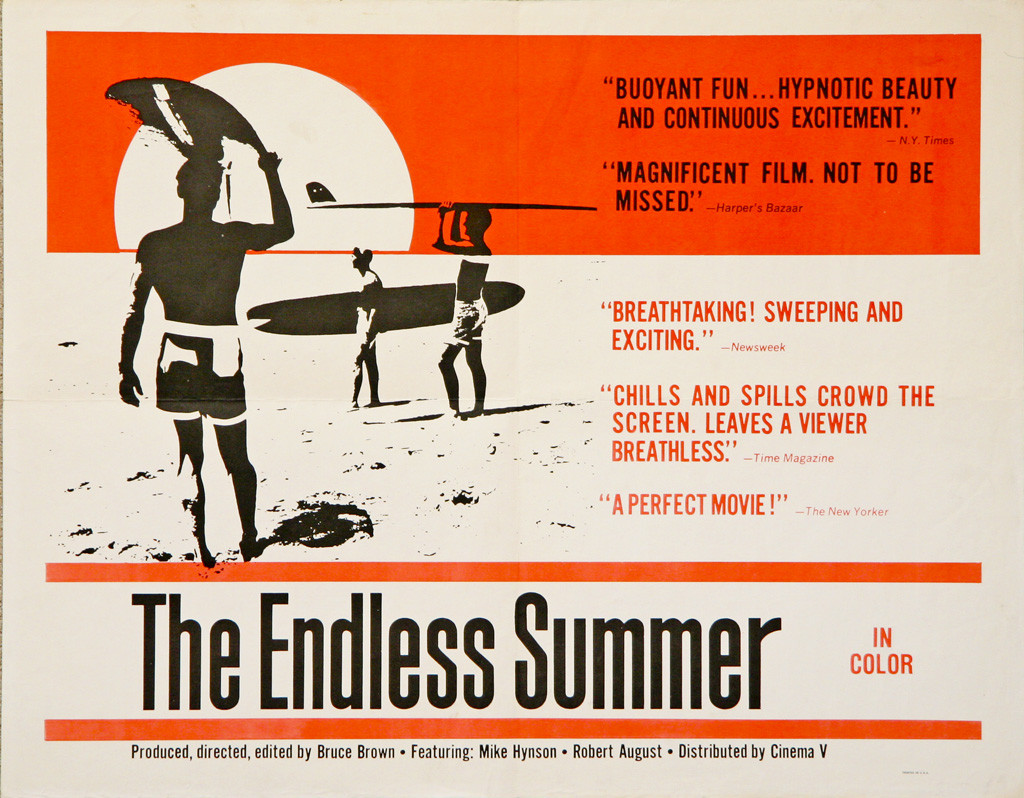Not Mr. A.
"If you look for perfection, you'll never be content.” - Leo Tolstoy
The other day, while watching the sun rise over the Atlantic Ocean's ruddy horizon, I was thinking about surfer nicknames. No, I don't know why, either. Offhand, the names of champion surfers "Gnat" Young, "Midget" Farelly, Mickey "The Cat" Dora, Greg "The Bull' Noll, Darryl "Flea" Virostko, "Wingnut" Weaver and Dale "The Hawk" Velzy came to mind. I've surfed or otherwise ridden waves with guys named "Baby", "Hoodoo Bob", "The Razor", and, my favorite, "Goggles" Paisanno. For some reason, I picked up the nickname "Killer" when I was younger. I suspect it was because of the damage that I used to do to boards or maybe due to my impressive list of personal injuries. In recent years, it's been "56 Chevy". I like to think it's because I'm older, but elegant and serviceable. However, it's probably because I'm perpetually rusty.
One of my old
compadres is a fellow generally known as "Mr. A." Because he's a professional colleague, I'll leave his Christian name out of this. It's his nickname that serves as his story, though, so that is what's important.
It's genesis came about on one of those mornings when the waves were of an indistinct nature. To the north, they looked capable of sustaining a righteous ride; to the south, they were junk. The problem was that a ride that started in the north would move the surfer to the south, where the ride would shift into ignominy. While the beginning and middle parts would be great, it would end badly. We were on the verge of abandoning the morning's session when Mr. A earned his name.
Considering the waves, he looked to the horizon and said, "It's like what Aristotle said: 'A is A'. They're waves. We ride waves. Let's go."
[For those puzzled by the "A is A" comment, or who never had to learn philosophy's Law of Identity, it's defined thus:
To have an identity means to have a single identity; an object cannot have two identities. A tree cannot be a telephone, and a dog cannot be a cat. Each entity exists as something specific, its identity is particular, and it cannot exist as something else. An entity can have more than one characteristic, but any characteristic it has is a part of its identity. A car can be both blue and red, but not at the same time or not in the same respect. Whatever portion is blue cannot be red at the same time, in the same way. Half the car can be red, and the other half blue. But the whole car can't be both red and blue. These two traits, blue and red, each have single, particular identities.
Well, that makes it clear, doesn't it?]
Later, after the morning in the surf, he commented further: "It's like those two guys in the
movie looking for the perfect wave. Why bother? A wave is a wave. It's not for them to be perfect, they're just waves. It's for us to match them. Then, any wave can be 'perfect' if we can be perfect. But, since we can't ever be perfect, why bother about the wave? We just ride."
I'll bet you didn't think middle-aged surfers could be so philosophical, did you? I mean, Frankie and Annette never were.
Mr. A. is a priest, although he hasn't formally bothered with it much in recent years. I think it's too small for him. Besides, he's done his time. Unlike those whom I have known who have sought ordination in their middle age and then left the practice of parish ministry within a very few years when it didn't feed their mid-life expectations, A. was ordained at 25 and spent the better part of his adult years working in parishes and schools. We met when we served together as fledgling hospital chaplains and were forced to sit through interminable hours of group discussion and write page after page of self-reflection in order to receive our certification. After awhile, when we both realized that we were spending more time in self-analysis than we were meeting with patients, we hijacked the meetings and asked more and more difficult and invasive questions of the supervisor, attempting to probe her unstated motivations for avoiding actual hospital work. After a couple of weeks, we were having fewer meetings and spending more time with those in our charge.
Then we discovered we both enjoyed surfing and have ever since maintained a small reign of terror on beaches of both coasts, at least if you're a line-up jumper, pseud, show-off, surf dullard, or employ unnecessarily foul language in the presence of seagulls. It's been a good friendship.
He left parish ministry one day, rather abruptly, but I understood. After spending 20 years conforming to canon law, observing the medieval authority of bishops, enduring the general tattiness of congregations and the disdain of secularists, he went all
Bartleby. The fact that he did so without another job to which to go outraged his parish [they took it personally] and puzzled his bishop, who recommended he "speak to someone" about his decision.
I read it for the first time in college. That was the last time I read it. If you've read it, you'll understand.
Instead of saying "I prefer not to", as he does in my imagination, he told the bishop that, yes, he would speak to someone. Of course, in a world where A is A, when one speaks to someone about the reappraisal of a holy call, it's pointless to speak to a secular therapist with no understanding of living theology and who is generally little more than a cocktail party acquaintance of the bishop's. If you want spiritual "therapy", go to God not human, which is what he did. [I've always found it interesting that A.'s bishop assumed he needed some form of psycho-therapy just because A. didn't want to work in the church any longer; as if that's some form of madness, rather than an expression of health.]
After a brief time in prayerful reappraisal, within months A. found himself with a job on Wall Street, an apartment in New York, and a life lived free of denominational authority and identity. He had a real income and the return of Saturday night conviviality and slow Sunday mornings, of Christmas and Easter with family rather than at work, of what I vaguely recall was the normal life. It was great, until one sunny Tuesday morning in September when the view out his office window was suddenly obscured with masses of shredded paper and a dark viscous liquid. It was then that his experience, training, and education took over as he found himself the oldest person in an office filled with traumatized twenty-somethings who had never before had to face the reality of mortality and terror.
That's the remarkable thing about a true calling to the Gospel. There are many clergy who "play priest" like actors on a stage, dependent upon the outward circumstances to inform their authority. Their confidence in their call is so shaky that they tend towards the beta rather than alpha in their professional presentation: Too quiet, sedentary, obtuse, and superficial; woefully unaware of how most people lead their lives. They are more likely to water down Godliness to make it palatable than to celebrate it in triumphal fullness.
It's one of the reasons the greater church has arrived in this current century in a weak and pointless state. To those truly called, every circumstance, every situation, is an opportunity for ministry, whether in a church on a Sunday morning, a surf beach at daybreak, or in a collapsing building in the midst of a terrorist attack. It doesn't have to be in controlled settings with distinct roles, but in moments when an organic opportunity is presented. Ministry is ministry; A is A.
And so, with great care and even greater compassion, A. physically lead his office mates out of "ground zero". When re-located to a new office, he became the un-official chaplain for one of the great banks; the source of comfort and spiritual sagacity for a collection of young investment bankers who never had much time for "church-stuff", but discovered a very real need for a guide to lead them out of a ground zero of the soul.
But that was over a decade ago now, and those days, like all bad days, have faded in their traumatic power. On a recent morning, serious consideration of anything was not much on our minds as we looked at choppy waves and a gray sea. Where we would once have paused and wondered whether or not to bother, it was clear that we were going into the sea. After all, waves are waves.
And when I have one of those days when I see a moribund greater Church that loves meetings and regulations with the same zeal with which it loves small parish assessment money [if not small parishes themselves], rewards mediocrity and promotes monolithic thinking like any secular institution, I think about what matters and what doesn't. After all, ministry is ministry.


